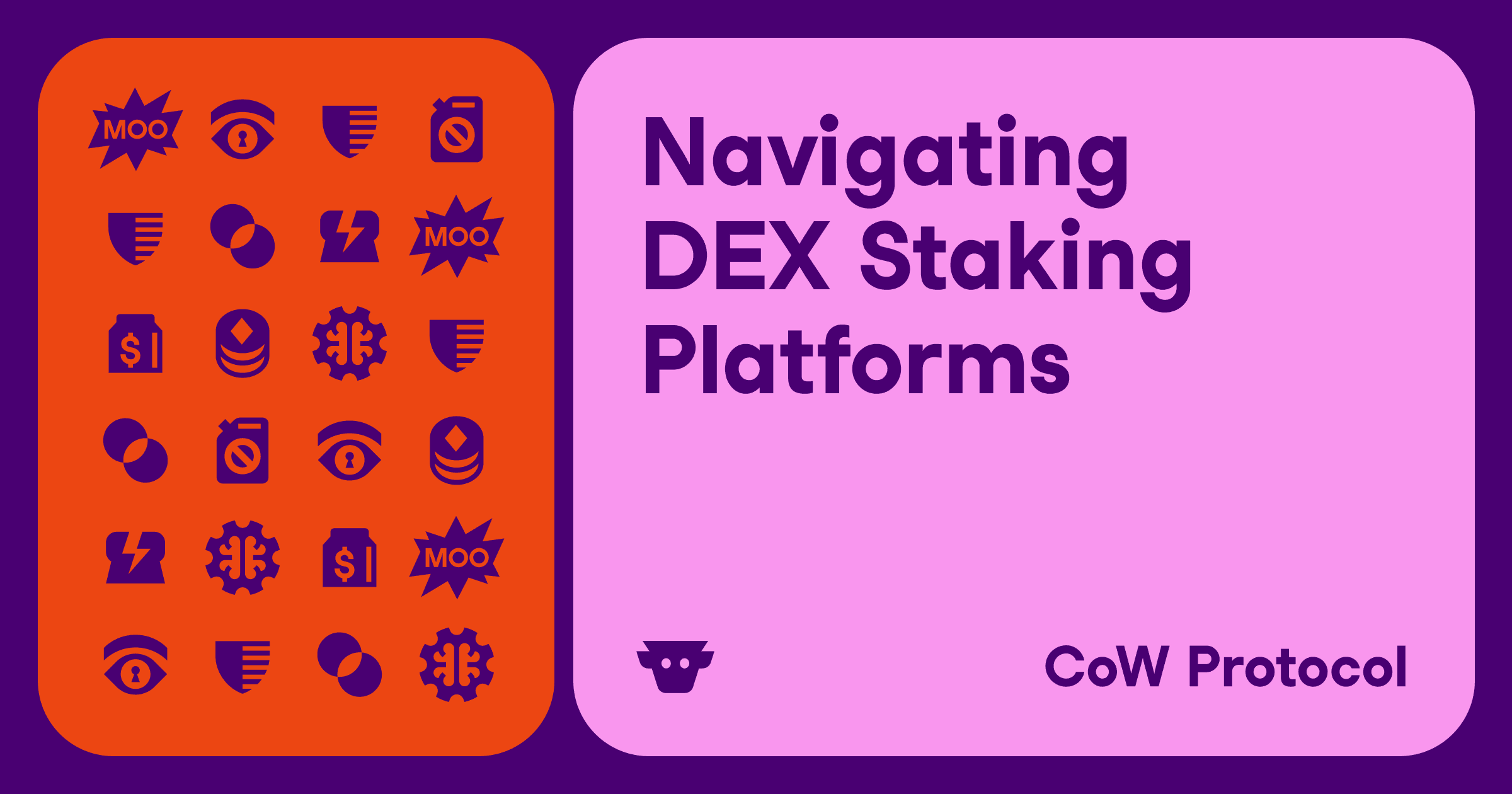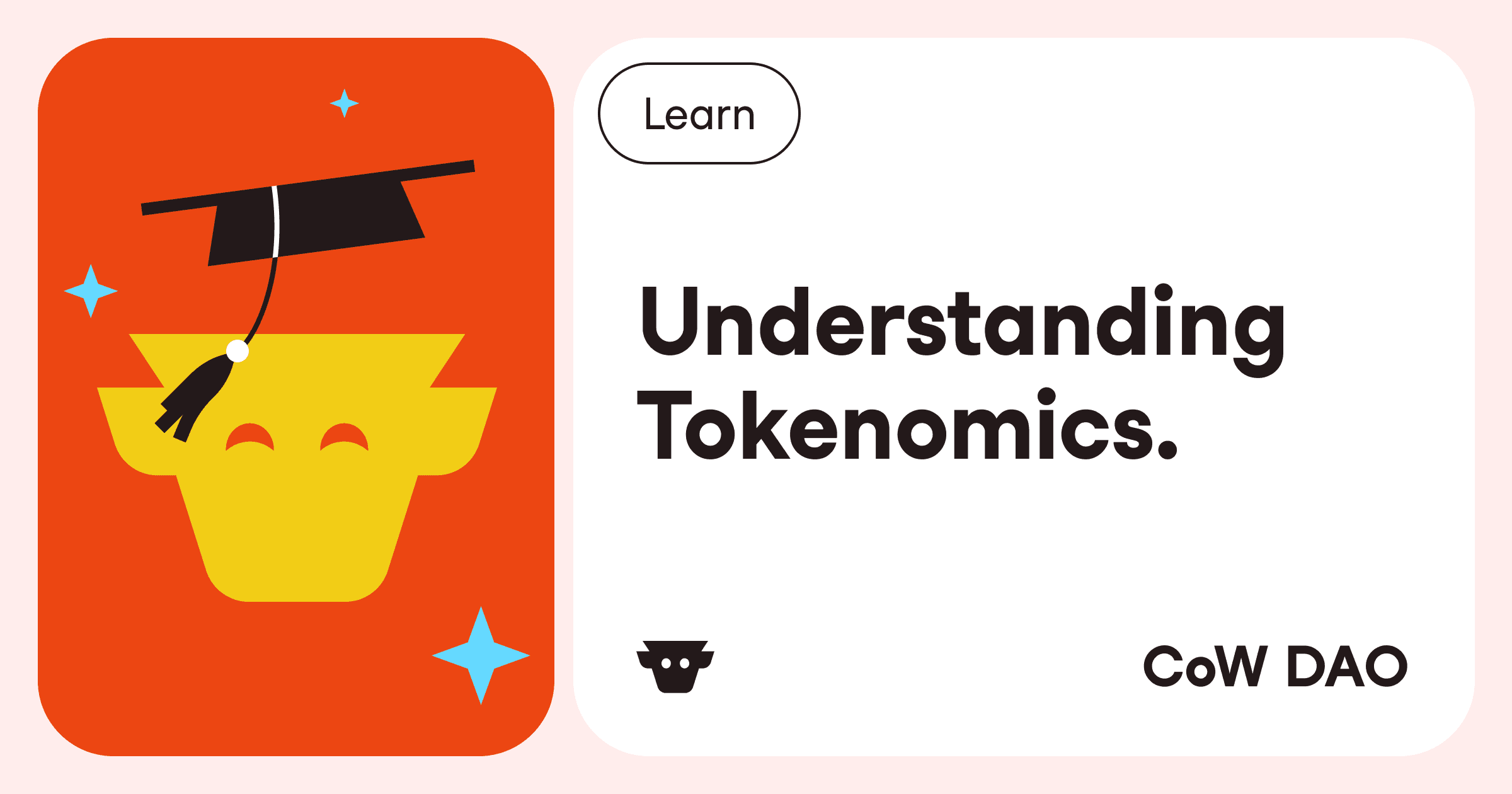How to conduct token due diligence with Messari
Messari Diligence Reports organize cryptocurrency evaluation into four essential categories: general information, token economics, technology, and legal and regulatory considerations. This structured methodology ensures thorough analysis while maintaining consistency across different digital assets and protocols.
The platform maintains over 200 detailed reports covering major cryptocurrencies and emerging tokens across sectors including decentralized finance (DeFi), Web3, non-fungible tokens (NFTs), smart contract platforms, and scaling solutions. Reports receive regular updates, with the top 25 most relevant assets refreshed quarterly and additional reports updated as needed.
Fundamental analysis and background research
Effective token evaluation begins with understanding a project's core purpose and development history. Messari reports examine the specific problems a protocol addresses, mapping critical moments in its evolution including launch dates, major partnerships, funding rounds, and technological milestones.
When analyzing a DeFi lending protocol, for instance, researchers investigate its launch timeline, how lending mechanisms have evolved, and which market conditions drove specific feature developments. The analysis identifies key contributors, development teams, and supporting entities, revealing the project's governance structure and decision-making processes.
Team analysis extends beyond founder profiles to examine the broader contributor ecosystem, including advisors and institutional supporters. This evaluation considers leadership experience, previous projects, and the depth of technical expertise within the organization.
Token economics and utility assessment
Token economics represent perhaps the most crucial element of due diligence, determining how value flows through protocols and what drives fundamental token demand. Messari reports analyze all token use cases, from governance voting and staking rewards to transaction fee payments and protocol access rights.
For a layer-1 blockchain token, analysis examines its role as native currency for transaction fees, its function in validator staking mechanisms, governance participation, and additional utilities like premium feature access or protocol reward participation. Reports quantify these use cases through transaction volumes, staking participation rates, and governance activity levels.
Distribution analysis provides insights into token concentration and potential centralization risks. This includes examining top wallet holdings, determining whether large concentrations represent exchanges, institutional investors, or protocol treasuries, and analyzing validator distribution in proof-of-stake networks.
Governance evaluation assesses how token holders participate in protocol decisions, the effectiveness of governance mechanisms, and community engagement levels. For protocols with active governance, this includes voting participation rates, proposal success rates, and large token holder influence on decisions.
Technical infrastructure and integration review
Technical analysis examines the underlying infrastructure supporting tokens and their protocols. This includes comprehensive coverage of supported blockchain networks, particularly for tokens existing across multiple chains or layer-2 solutions. A token originally launched on Ethereum might also operate on Polygon, Arbitrum, or other networks, each with distinct technical implementations and security considerations.
Smart contract analysis forms a critical component of technical due diligence. Reports examine audit histories, identifying which security firms have reviewed protocol smart contracts and what vulnerabilities were discovered and addressed. This includes evaluating ongoing security maintenance approaches and bug bounty programs.
Integration analysis evaluates protocol connections with other DeFi protocols, exchanges, and blockchain infrastructure. For a yield farming protocol, this might include integrations with major decentralized exchanges, lending protocols, and yield aggregators. Analysis considers both integration benefits for user experience and potential risks from interconnected protocol dependencies.
Legal and regulatory considerations
Legal and regulatory analysis has gained importance as regulatory frameworks evolve globally. Reports examine key legal considerations surrounding token listings, including securities law implications, compliance requirements, and regulatory risks across major jurisdictions.
Compliance analysis evaluates how protocols handle identity verification and anti-money laundering requirements. This includes examining regulatory compliance approaches, licenses held by associated entities, and navigation of different jurisdictional requirements.
Risk analysis encompasses technical risks like smart contract vulnerabilities and broader regulatory risks including potential enforcement actions or regulatory changes affecting protocol operations. A stablecoin project, for example, would face analysis of regulatory risks around banking partnerships, reserve management, and evolving stablecoin regulations.
Implementation in investment processes
Organizations typically integrate Messari Diligence Reports at multiple stages, from initial asset screening through ongoing position monitoring. For initial screening, investors use reports to understand token value propositions, major risks, and technical implementations. The structured format enables rapid comparison across similar sector projects.
Integration decisions benefit from technical analysis sections detailing smart contract addresses, audit results, and network support. Development teams evaluating protocol integrations can assess technical compatibility and security considerations using this information.
Platform access and features
Messari offers multiple access tiers for Diligence Reports. Enterprise subscribers receive access to five reports within their subscription, while organizations with greater research needs can purchase library access or individual reports. The platform delivers reports in PDF format for traditional distribution and Notion format for collaborative research workflows.
Recent enhancements include Diligence Alerts, notifying users of tracked asset report updates, and dynamic sections aggregating relevant developments since report publication. These features maintain current awareness without requiring constant manual monitoring.
Research limitations and supplementary analysis
Messari Diligence Reports provide comprehensive structured analysis but focus on publicly available information. They may not capture private fundraising details, upcoming partnership announcements, or confidential development plans. The crypto market's rapid evolution means even recently updated reports may not reflect the latest developments.
Effective due diligence combines Messari's structured analysis with additional research including project documentation, community discussions, on-chain metrics, and direct team engagement. Reports serve as a comprehensive foundation enabling more targeted additional research rather than replacing all due diligence activities.
Systematic approach to cryptocurrency evaluation
Messari Diligence Reports transform token due diligence from ad-hoc processes into systematic methodology covering all critical cryptocurrency evaluation aspects. By providing structured analysis across general information, token economics, technology, and legal considerations, the platform enables more consistent and comprehensive investment decision-making.
The platform's value extends beyond information provision to the standardized framework enabling project comparison and systematic evaluation of different asset types. As cryptocurrency markets mature and institutional adoption grows, systematic due diligence processes become increasingly important for managing risk and identifying opportunities in this rapidly evolving landscape.
Frequently asked questions
How to do good due diligence for crypto coins?
Good crypto due diligence should follow a systematic four-part framework. First, analyze the project's general information including its core purpose, development timeline, team structure, and key milestones. Second, thoroughly examine token economics by understanding all use cases (governance, staking, fees), wallet concentration, and governance mechanisms. Third, assess the technology including blockchain networks supported, smart contract audit histories, security measures, and protocol integrations. Finally, evaluate legal and regulatory considerations including compliance requirements, KYC/AML procedures, and jurisdictional risks. Combine this structured analysis with additional research from project documentation, community discussions, on-chain metrics, and direct team engagement for comprehensive evaluation.
What is Messari crypto?
Messari is a crypto research platform that provides systematic due diligence reports for digital assets. The platform houses over 200 detailed reports covering major cryptocurrencies and emerging tokens across DeFi, Web3, NFTs, smart contract platforms, and scaling solutions. Their reports organize token evaluation into four primary categories: general information, token economics, technology, and legal/regulatory considerations. The platform offers different access tiers, with enterprise subscribers receiving access to five reports and options to purchase individual reports or the entire library. Reports are updated regularly, with top assets receiving quarterly refreshes.
What does Coinbase do regarding the due diligence of crypto assets listed on its platform?
Coinbase conducts comprehensive due diligence before listing crypto assets, though their specific process isn't detailed in the provided information. Generally, major exchanges like Coinbase evaluate projects across multiple dimensions including regulatory compliance, technical security, token economics, and legal considerations. They typically require projects to meet strict compliance standards, undergo security audits, demonstrate sufficient liquidity and trading volume, and comply with applicable securities laws. Coinbase also considers factors like the project's development team, governance structure, and long-term viability. The exchange maintains listing standards that align with regulatory requirements and continuously monitors listed assets for ongoing compliance.

